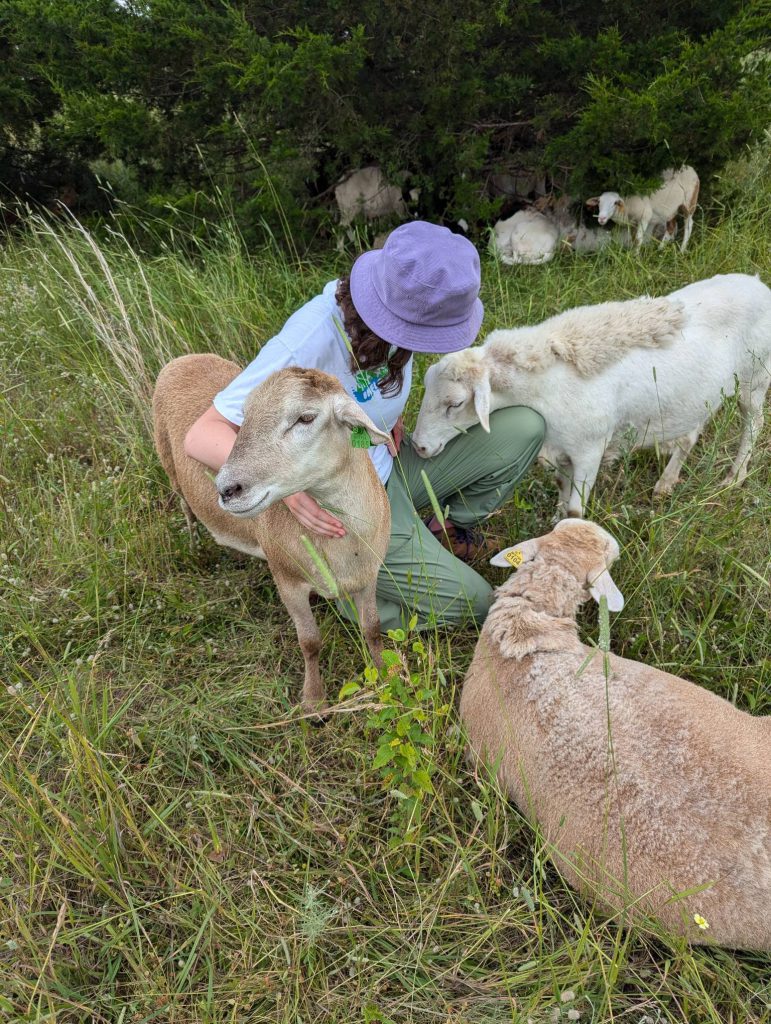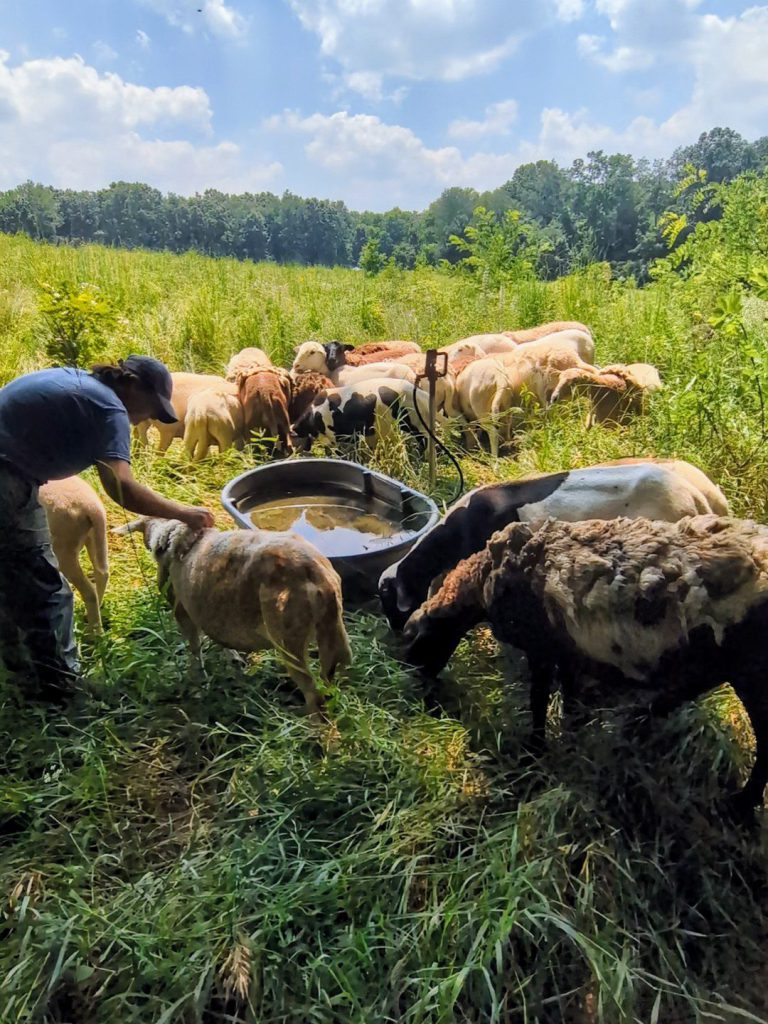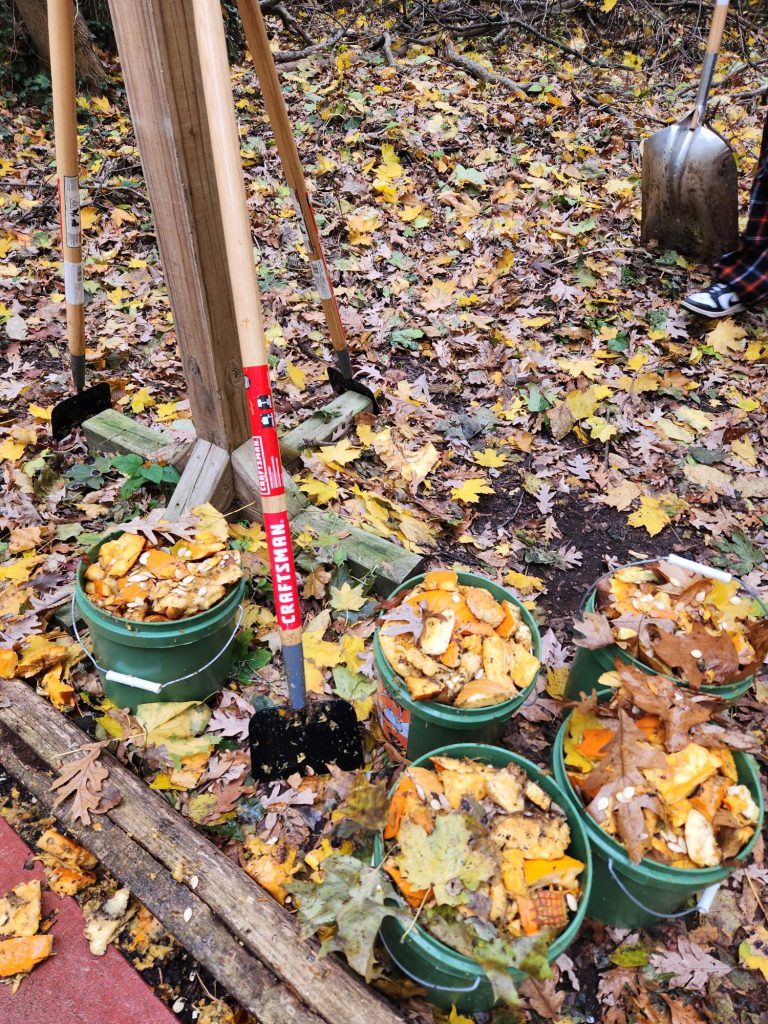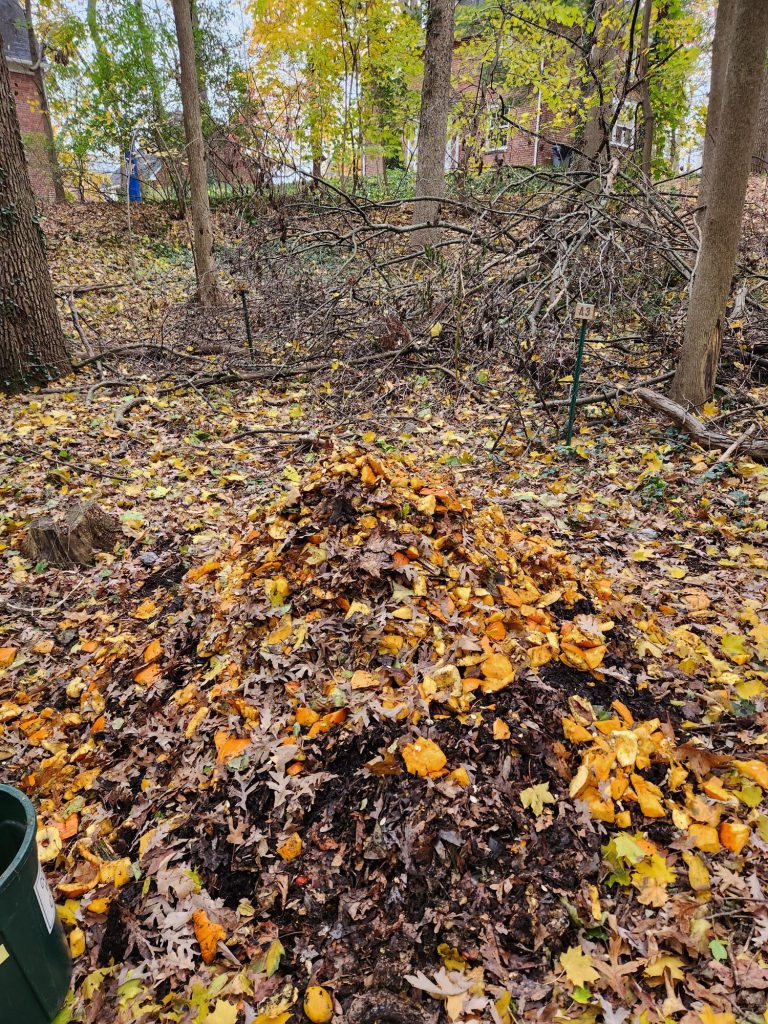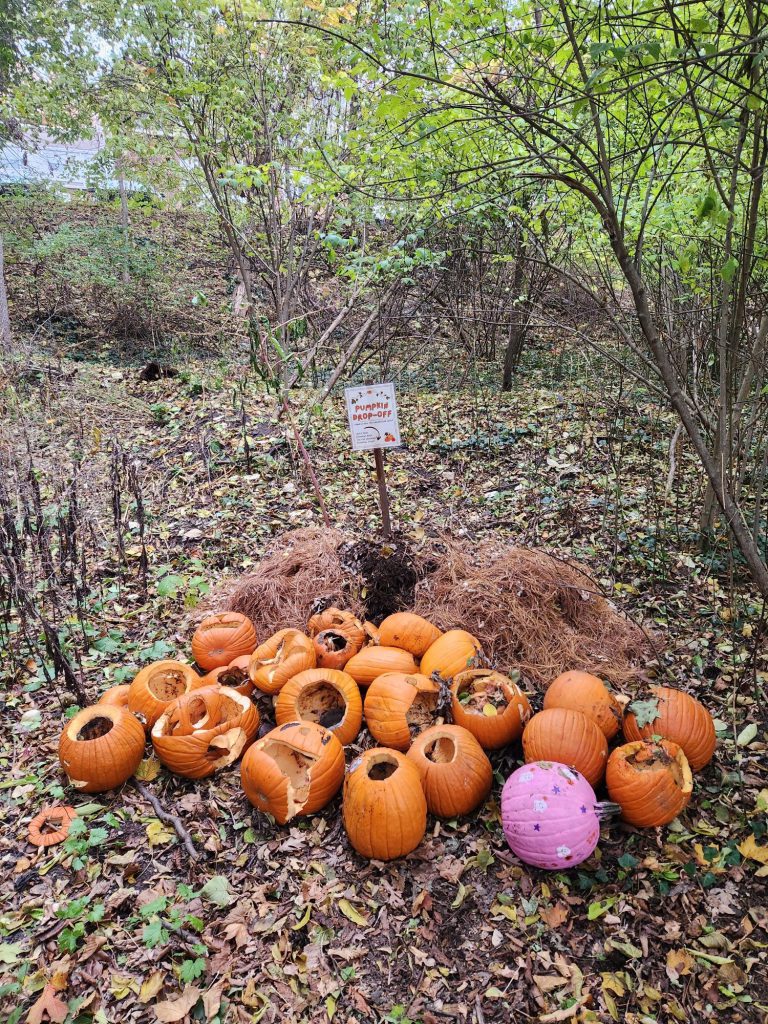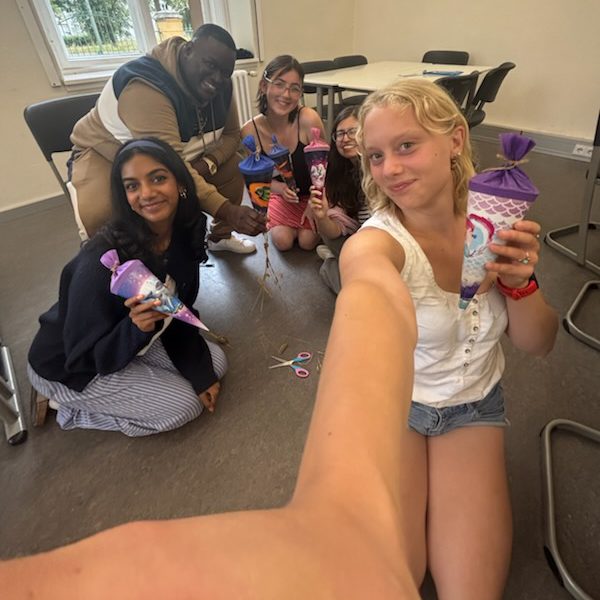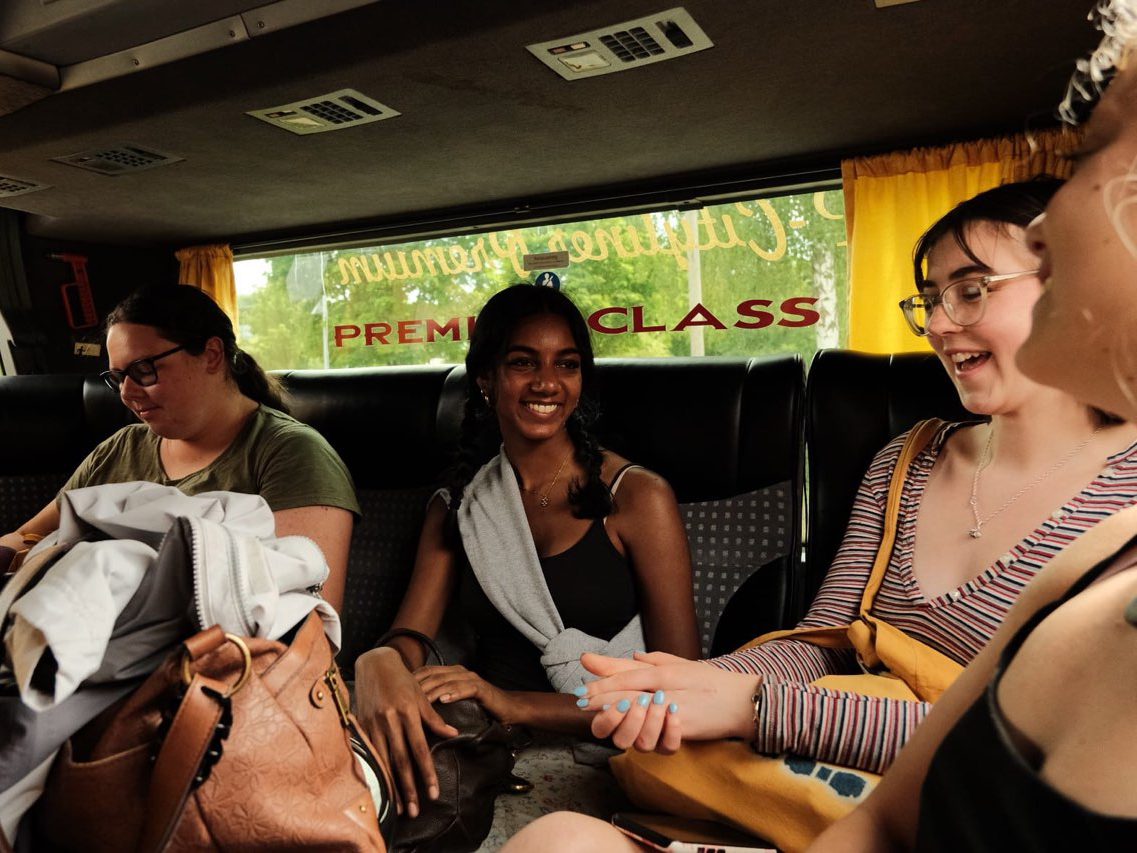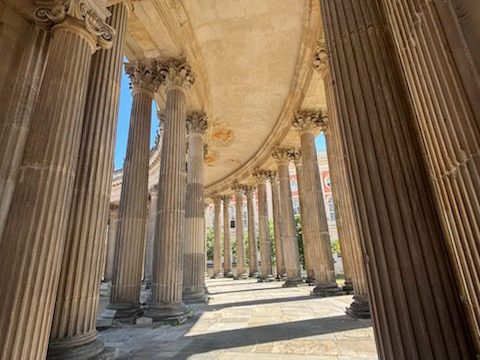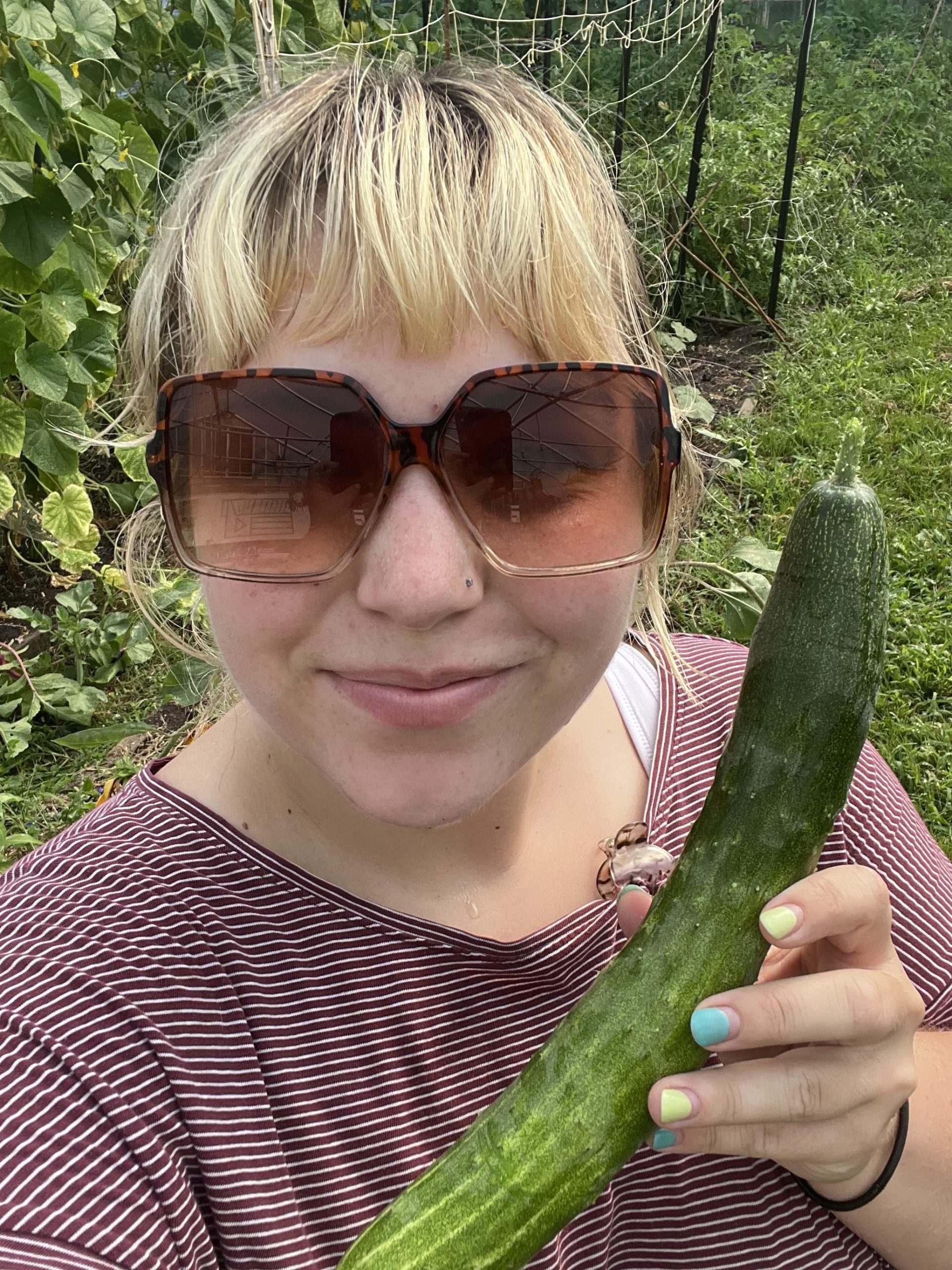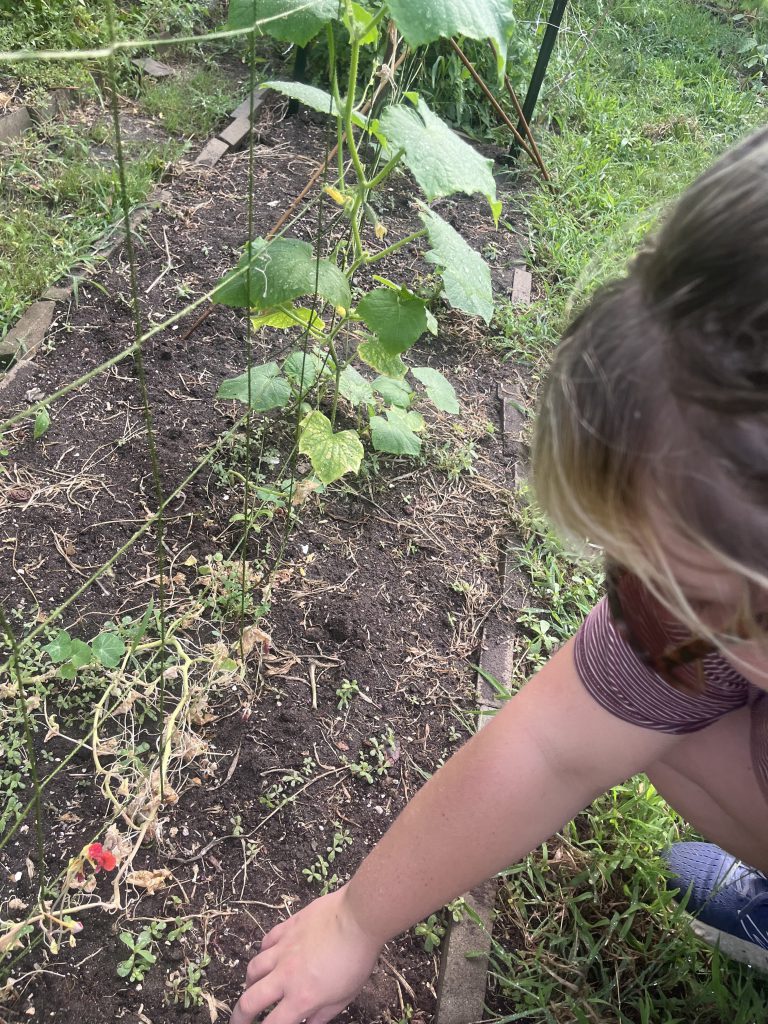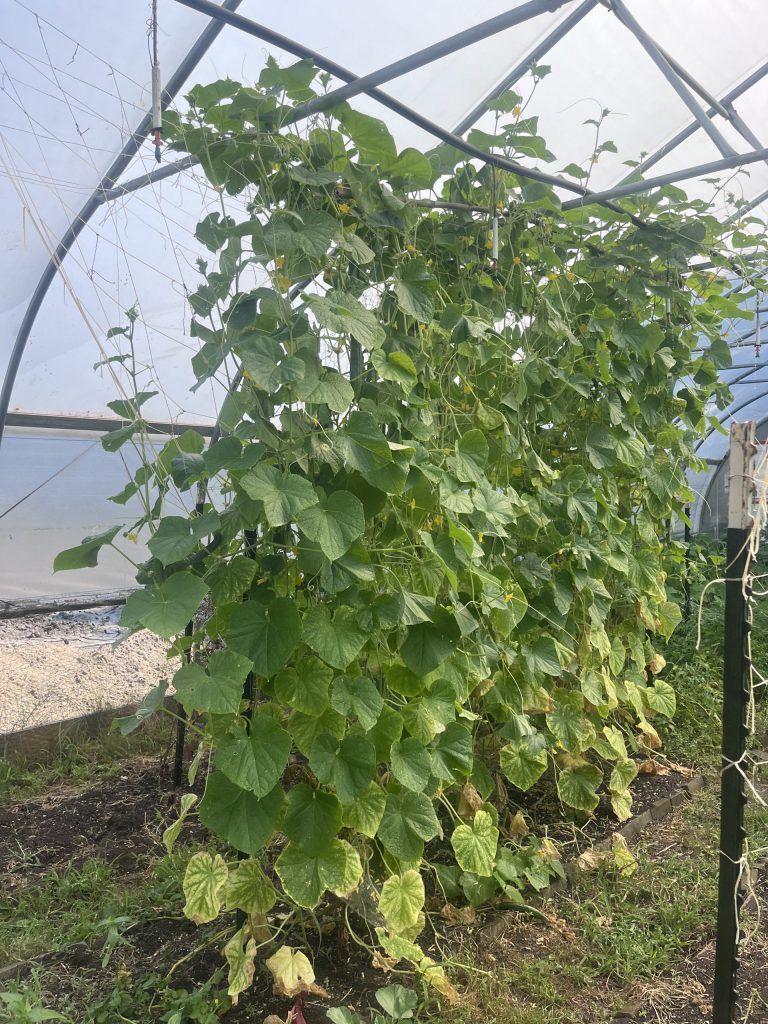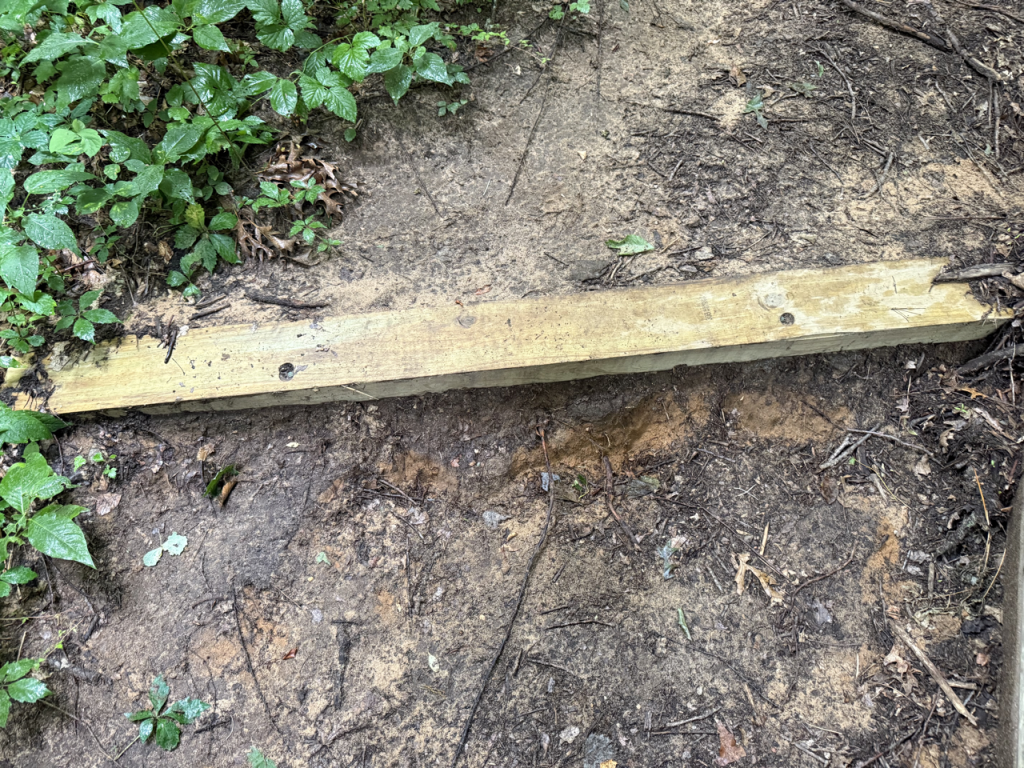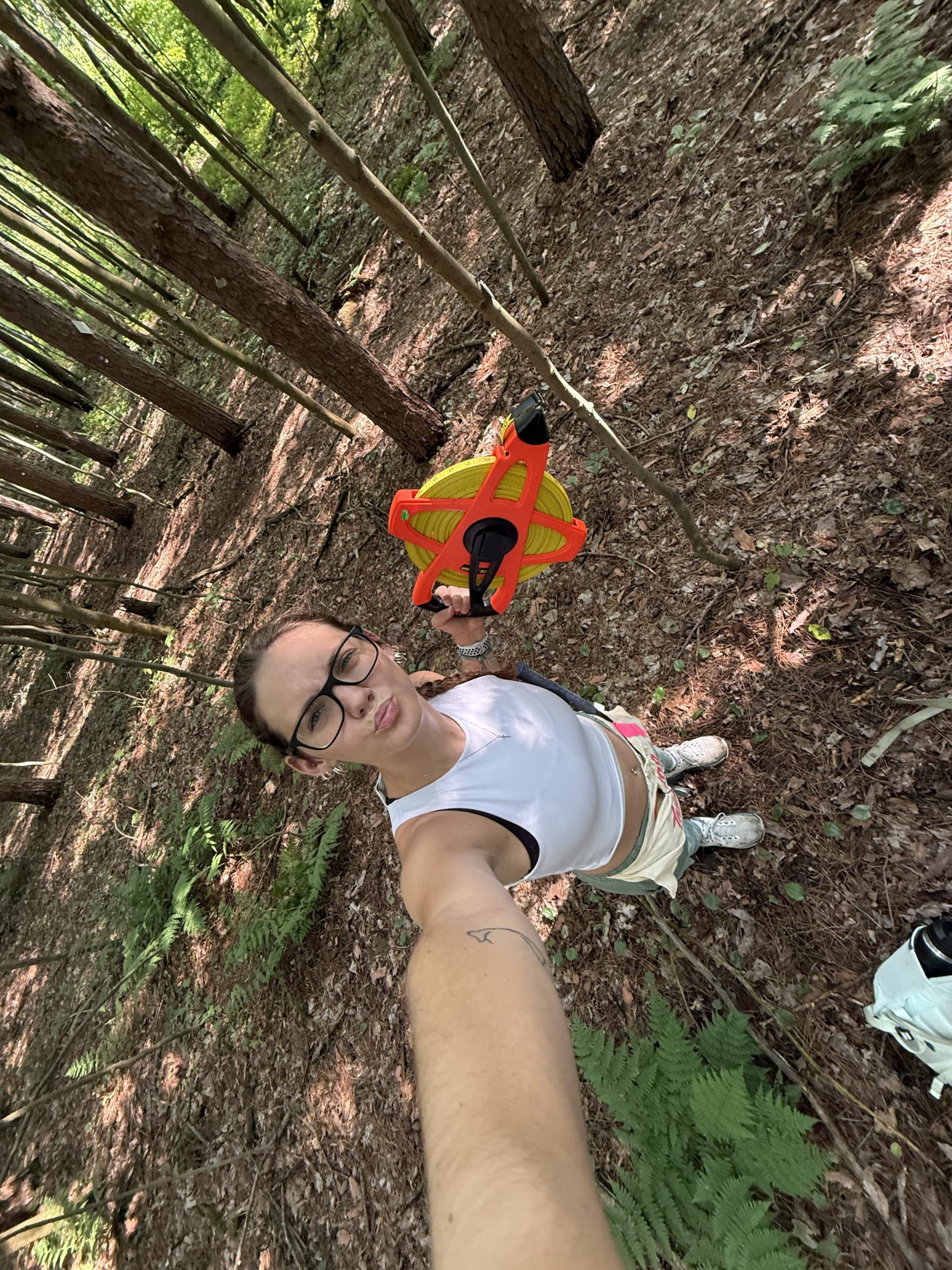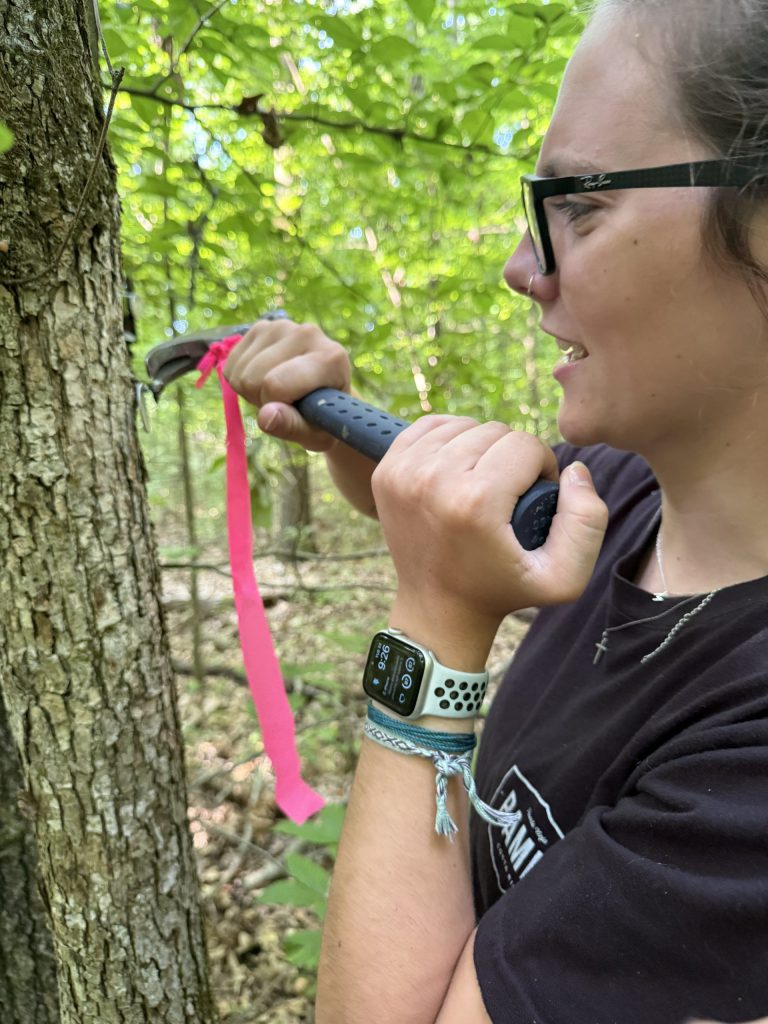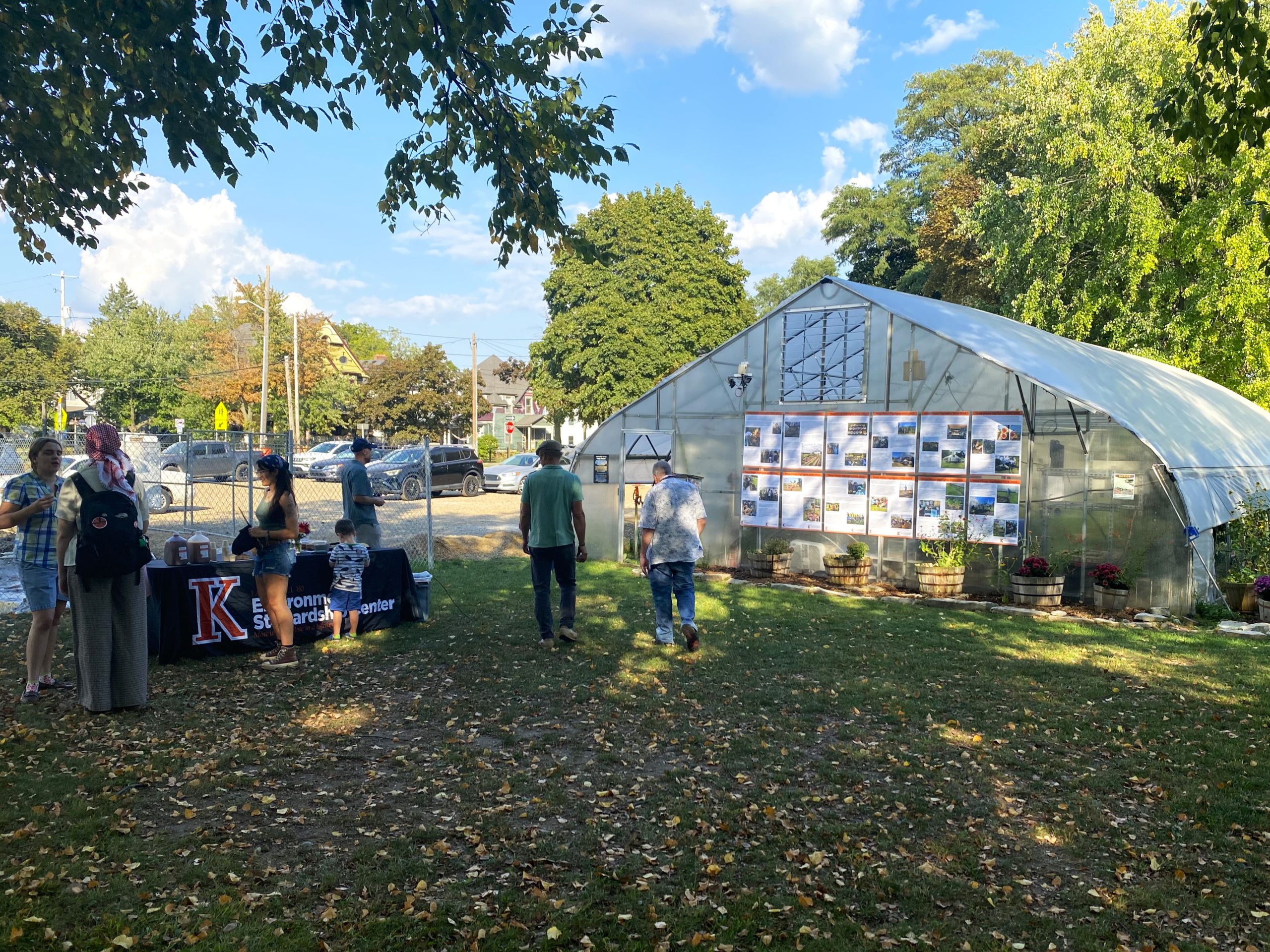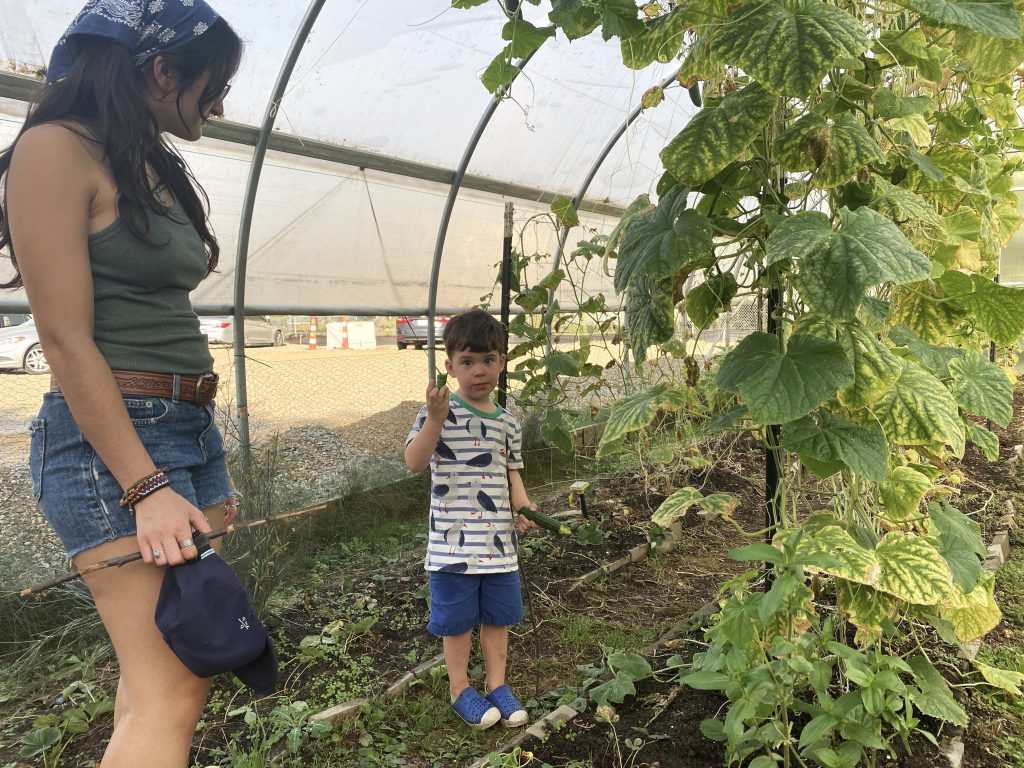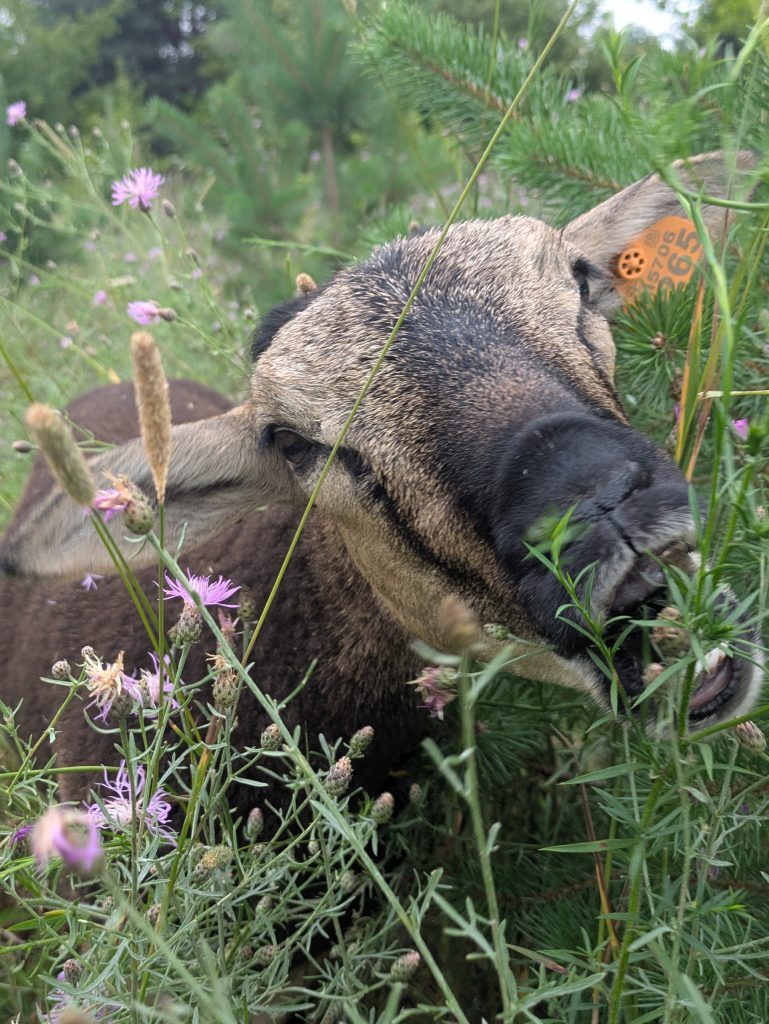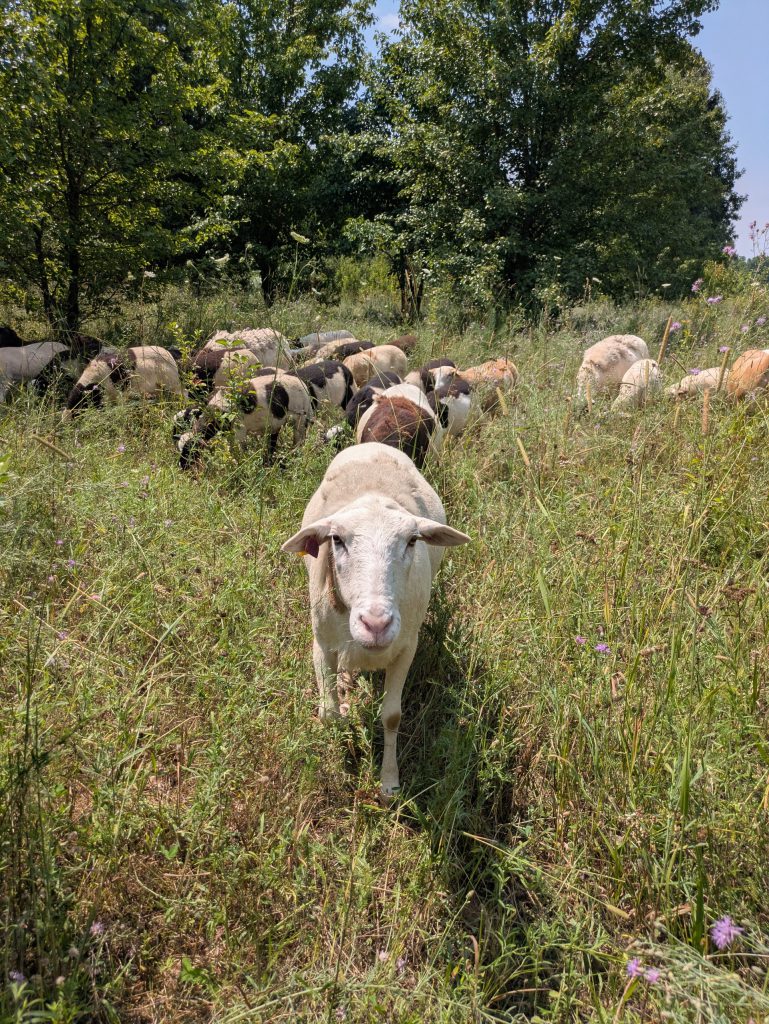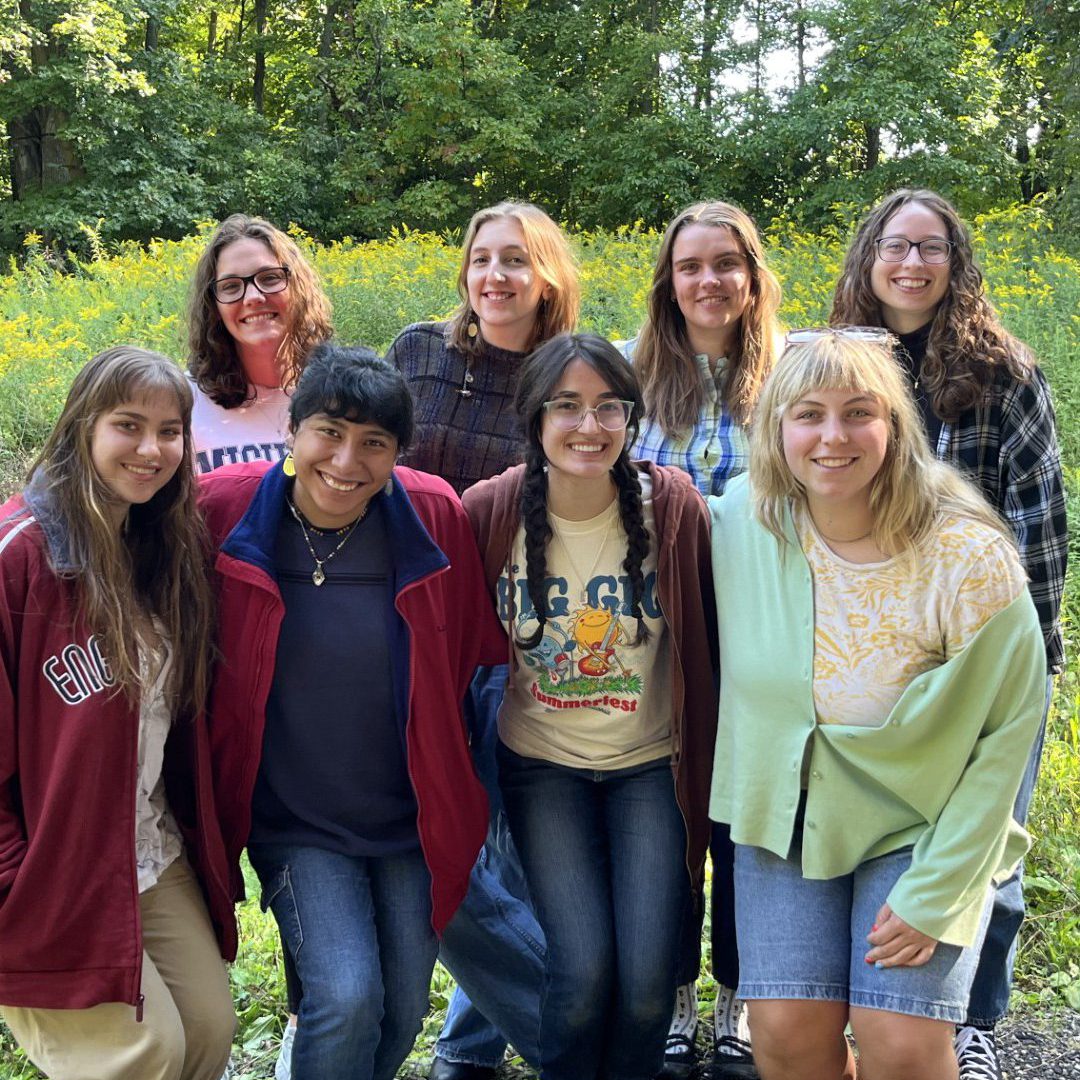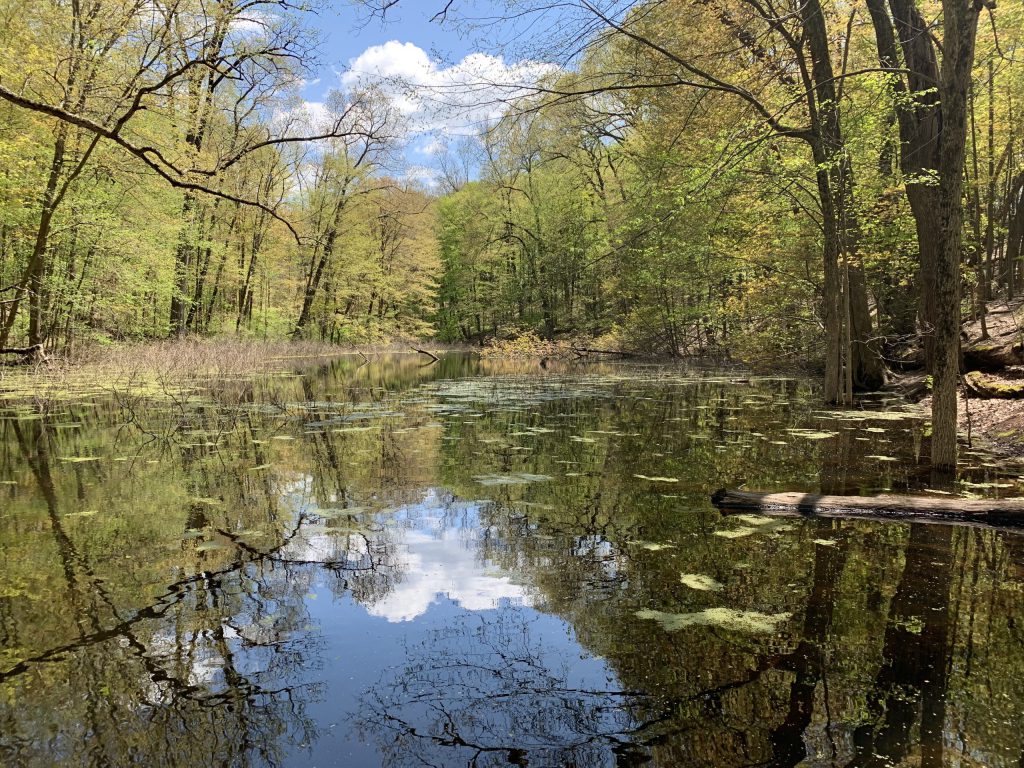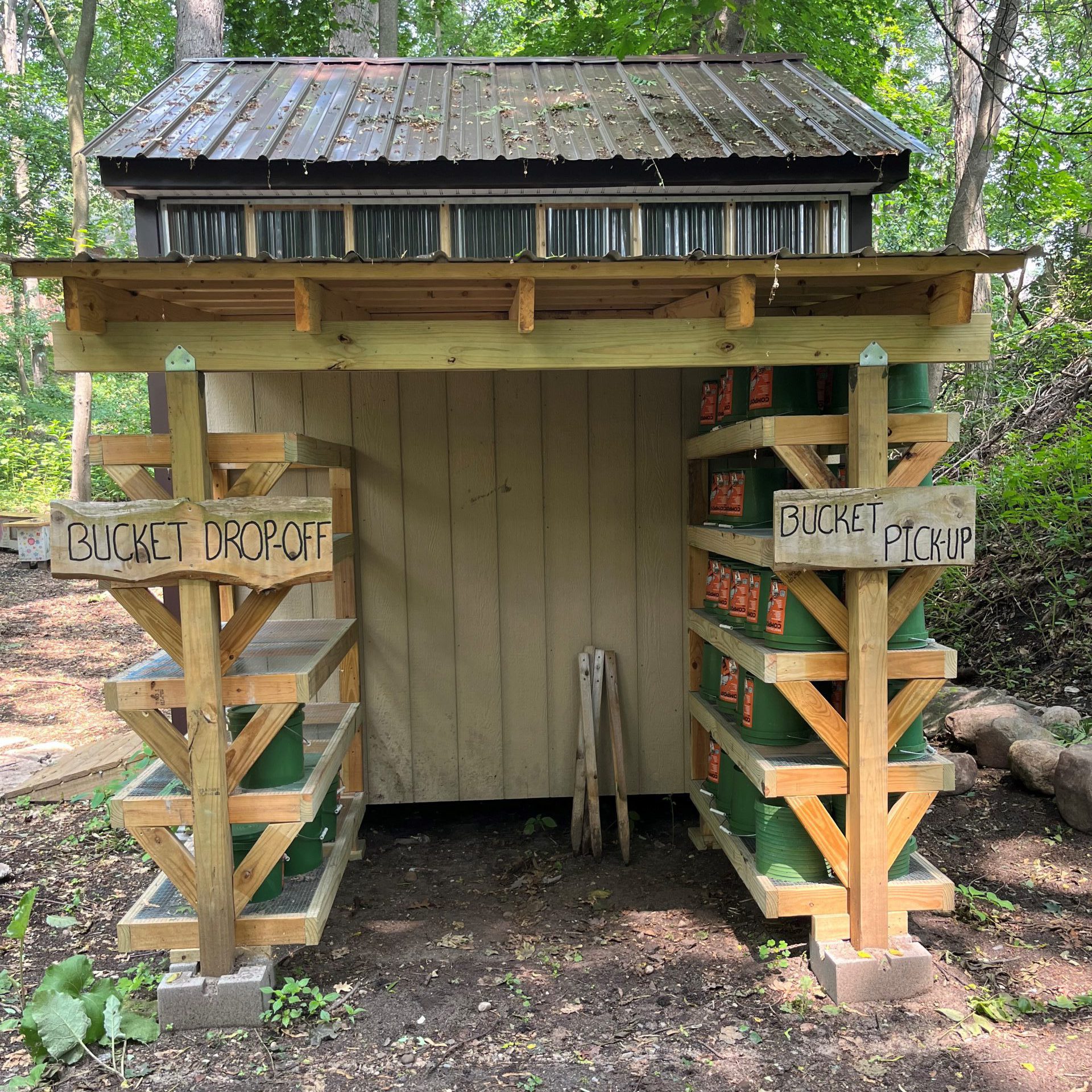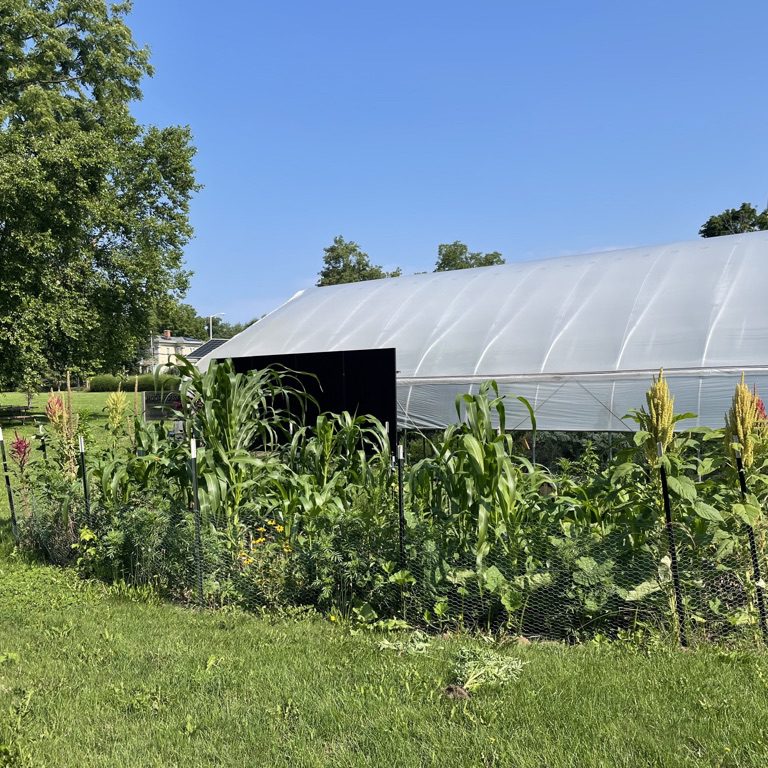A few weeks ago on February 4th, the Environmental Stewardship Center (ESC) was happy to partner with the Parkhurst Dining team for Weigh the Waste. Led by two ESC interns, Madi Magda ’26 and Mo Silcott ’27, students were invited to weigh their waste and play trivia games centered around composting to win prizes – and it was a huge hit!

This event has been run by Parkhurst at other schools in the past, and Kalamazoo College decided to join in on the fun this year! Weigh the Waste is an event where sustainability initiatives are held on campuses to raise awareness about the food that is wasted on a daily basis. There is a visual aspect to demonstrating the food waste as well: food that would normally be thrown away is put into a clear bin that is on a scale to be weighed. To promote education on compost, students who threw their waste away got to play trivia and were able to win prizes if they got the answers right.
Not only did this event help students visualize the compounding effects of wastefulness that is usually hidden, but it actively educated students about composting and encouraged them to be more conscious of their food waste and carbon footprint. “The best part about this event was seeing them become interested in wanting to be better about food waste and composting,” says Magda K’26. To learn more about composting, you can visit the Composting page on the Sustainability at K website.
This project, along with many others, was brought to life by the new Dining Sustainability Intern, Madi Magda ‘26, who has been coordinating sustainable development between the ESC and K’s dining partner, Parkhurst. For example, her efforts have resulted in a new commercial composting bin being added to the Book Club Cafe in addition to the recycling and landfill containers. This new addition to K’s eco-infrastructure is a step towards responsible waste management on our campus. Magda designed new composting stickers similar to the recycling stickers to educate students and staff on the correct ways to recycle and compost their waste, facilitating a transition to a more environmentally-friendly culture on campus. Another collaboration struck by the Dining Sustainability Intern was a promotion of reusable cups at the Book Club; there are now punch cards in the book club that get two punches towards a free drink if you bring your own mug or cup from home!


Environmental Stewardship Center
Subscribe to receive posts about the ESC, academics, student projects and events directly to your inbox!

